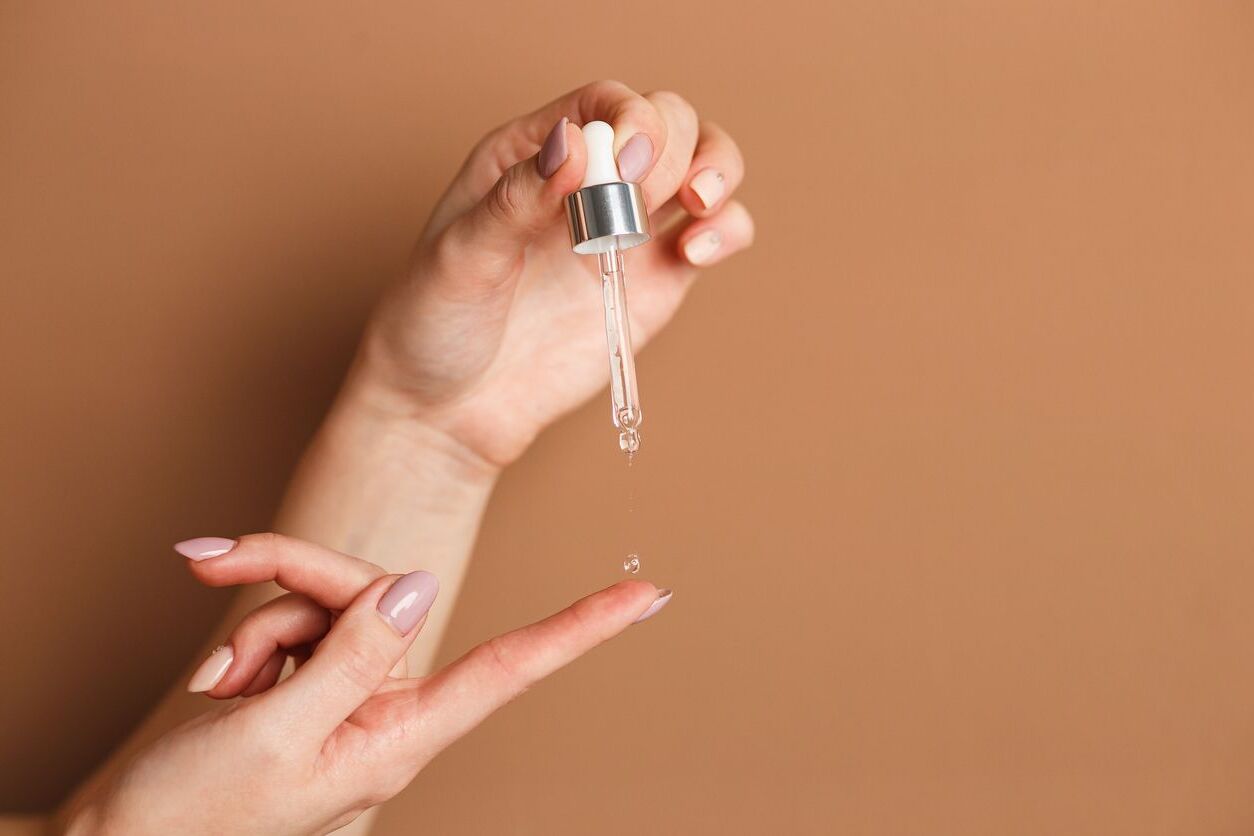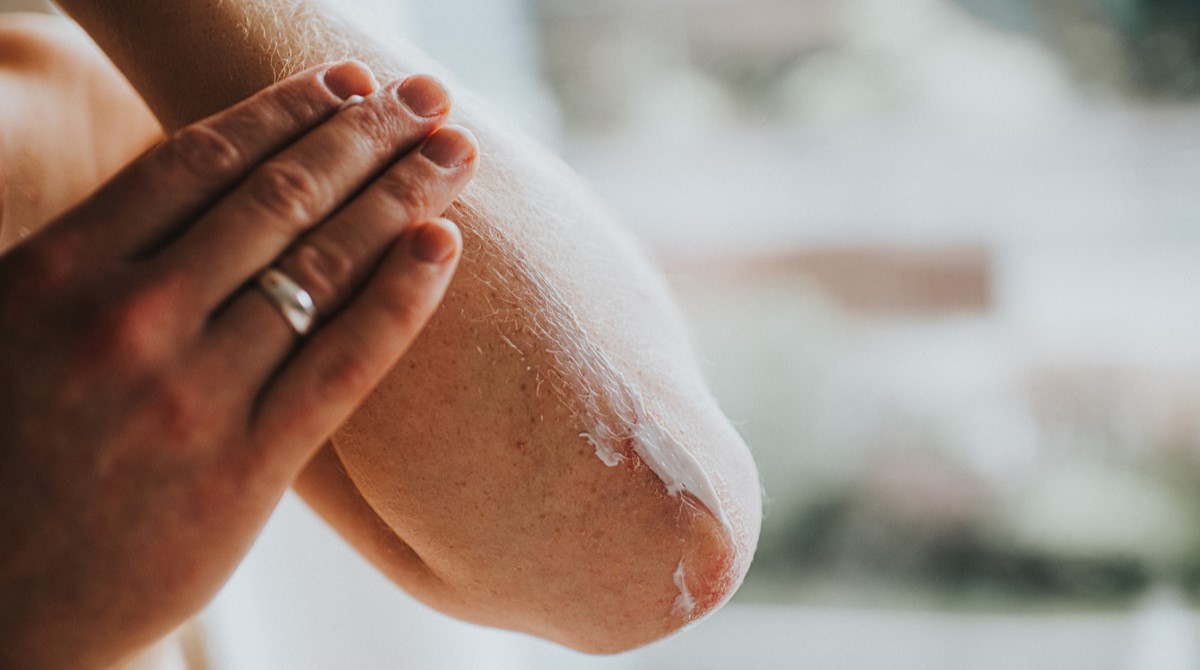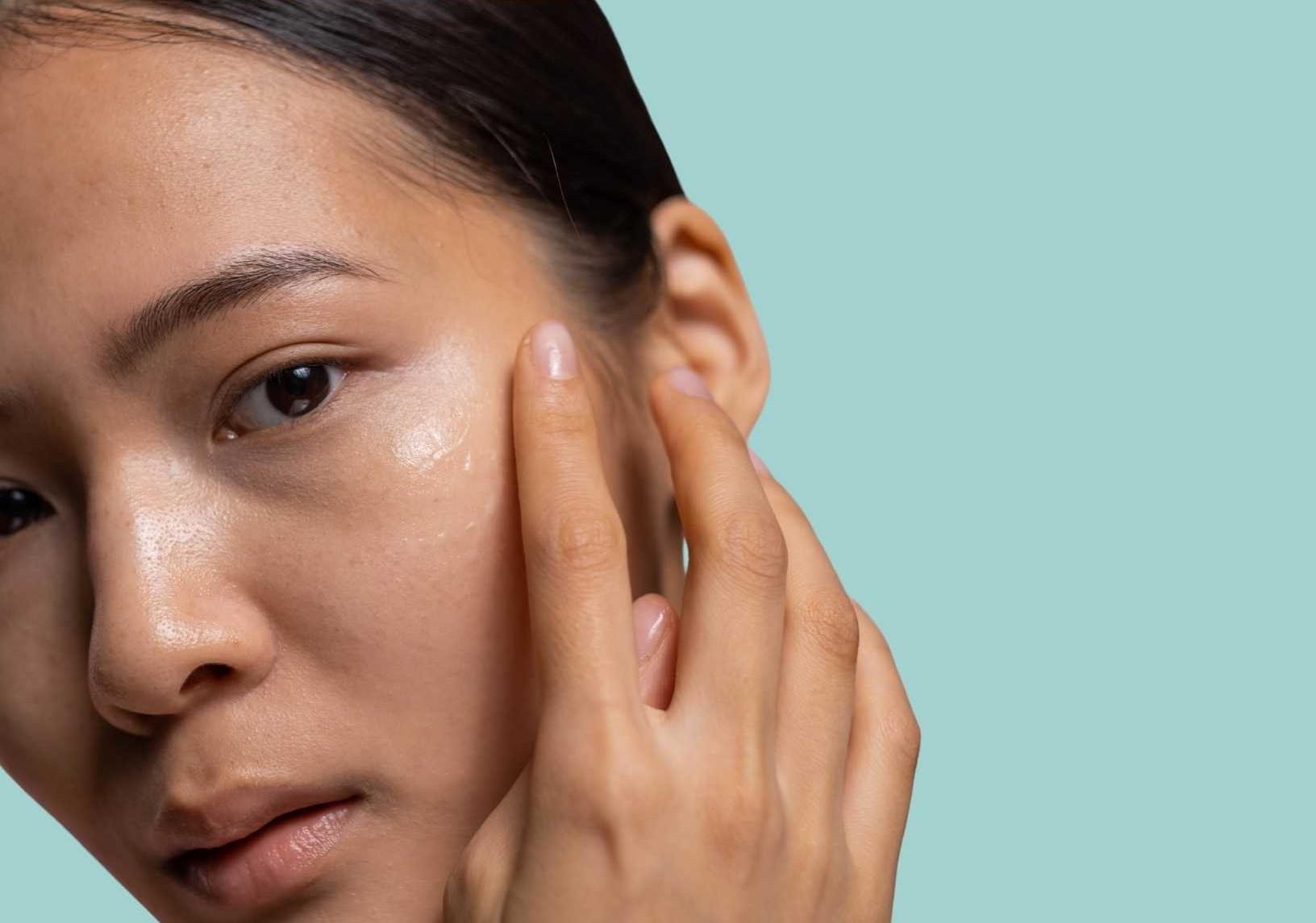
Polyglutamic acid might sound like something from a chemistry textbook, but it’s actually a superstar in the skincare world. Derived from fermented soybeans, this naturally occurring substance boasts some impressive benefits. What makes polyglutamic acid special? It can hold up to 5,000 times its weight in water, making it a hydration powerhouse. This means smoother, plumper skin for you. Unlike hyaluronic acid, another popular hydrator, polyglutamic acid forms a protective film on your skin, locking in moisture longer. Plus, it helps reduce the appearance of fine lines and wrinkles. Ready to learn more? Let’s dive into 25 fascinating facts about this skincare gem.
What is Polyglutamic Acid?
Polyglutamic acid (PGA) is a biopolymer derived from glutamic acid, an amino acid. It’s gaining popularity in skincare and other industries due to its unique properties. Let’s dive into some fascinating facts about this versatile substance.
-
Natural Origin: PGA is produced by fermentation of Bacillus subtilis, a type of bacteria found in soil and fermented foods like natto.
-
Hydration Powerhouse: It can hold up to 5,000 times its weight in water, making it an excellent hydrating agent.
-
Skin Barrier Support: PGA helps strengthen the skin’s barrier, preventing moisture loss and keeping skin plump.
-
Biodegradable: This biopolymer is environmentally friendly as it breaks down naturally without harming the ecosystem.
Benefits of Polyglutamic Acid in Skincare
PGA has become a buzzword in the beauty industry. Its benefits for skin health are numerous and impressive.
-
Improves Elasticity: Regular use of PGA can enhance skin elasticity, reducing the appearance of fine lines and wrinkles.
-
Non-Irritating: Suitable for all skin types, including sensitive skin, as it doesn’t cause irritation.
-
Boosts Hyaluronic Acid: It can increase the natural production of hyaluronic acid in the skin, further enhancing hydration.
-
Smooths Texture: PGA helps to smooth out rough skin texture, giving a more even and refined appearance.
Polyglutamic Acid in Other Industries
Beyond skincare, PGA has applications in various fields due to its unique properties.
-
Food Industry: Used as a thickening agent and to improve the texture of certain foods.
-
Medical Field: Employed in drug delivery systems due to its biocompatibility and ability to form hydrogels.
-
Agriculture: Enhances soil moisture retention, promoting better crop growth.
-
Water Treatment: Utilized in water purification processes to remove heavy metals and other contaminants.
How Polyglutamic Acid is Made
Understanding the production process of PGA can shed light on its versatility and sustainability.
-
Fermentation Process: Produced through the fermentation of Bacillus subtilis, which converts glutamic acid into PGA.
-
Sustainable Production: The production process is eco-friendly, utilizing renewable resources and generating minimal waste.
-
Customizable Properties: The molecular weight of PGA can be adjusted during production to suit different applications.
Interesting Facts About Polyglutamic Acid
Here are some lesser-known yet intriguing facts about PGA that highlight its versatility and importance.
-
Ancient Origins: PGA has been used in traditional Japanese cuisine for centuries, particularly in natto.
-
Non-Toxic: It is non-toxic and safe for use in various consumer products.
-
Film-Forming Ability: PGA can form a thin, protective film on surfaces, making it useful in coatings and packaging.
-
Enhanced Absorption: In skincare, it helps other active ingredients penetrate deeper into the skin.
-
Anti-Aging Properties: Its ability to retain moisture and boost elasticity makes it a powerful anti-aging ingredient.
Future Potential of Polyglutamic Acid
The future looks bright for PGA, with ongoing research and development exploring new applications.
-
Bioplastics: Research is being conducted to use PGA in the production of biodegradable plastics.
-
Tissue Engineering: Potential use in creating scaffolds for tissue regeneration and repair.
-
Wound Healing: Investigated for its ability to promote faster wound healing due to its hydrating and protective properties.
-
Cosmetic Innovations: New formulations and products incorporating PGA are constantly being developed in the beauty industry.
-
Environmental Impact: Continued focus on its eco-friendly production and biodegradability makes PGA a sustainable choice for the future.
Final Thoughts on Polyglutamic Acid
Polyglutamic acid is a powerhouse ingredient in skincare. It can hold up to 5,000 times its weight in water, making it a top-notch hydrator. This acid helps reduce fine lines, improves skin elasticity, and boosts the effectiveness of other skincare products. Unlike some ingredients, it's gentle and suitable for all skin types.
Using polyglutamic acid can lead to smoother, plumper skin. It's often found in serums, creams, and masks. When adding it to your routine, apply it after cleansing and before moisturizing. Consistent use can result in noticeable improvements in skin texture and hydration levels.
Incorporating polyglutamic acid into your skincare regimen is a smart move for anyone looking to enhance their skin's moisture and overall appearance. Give it a try and see the difference for yourself!
Was this page helpful?
Our commitment to delivering trustworthy and engaging content is at the heart of what we do. Each fact on our site is contributed by real users like you, bringing a wealth of diverse insights and information. To ensure the highest standards of accuracy and reliability, our dedicated editors meticulously review each submission. This process guarantees that the facts we share are not only fascinating but also credible. Trust in our commitment to quality and authenticity as you explore and learn with us.


